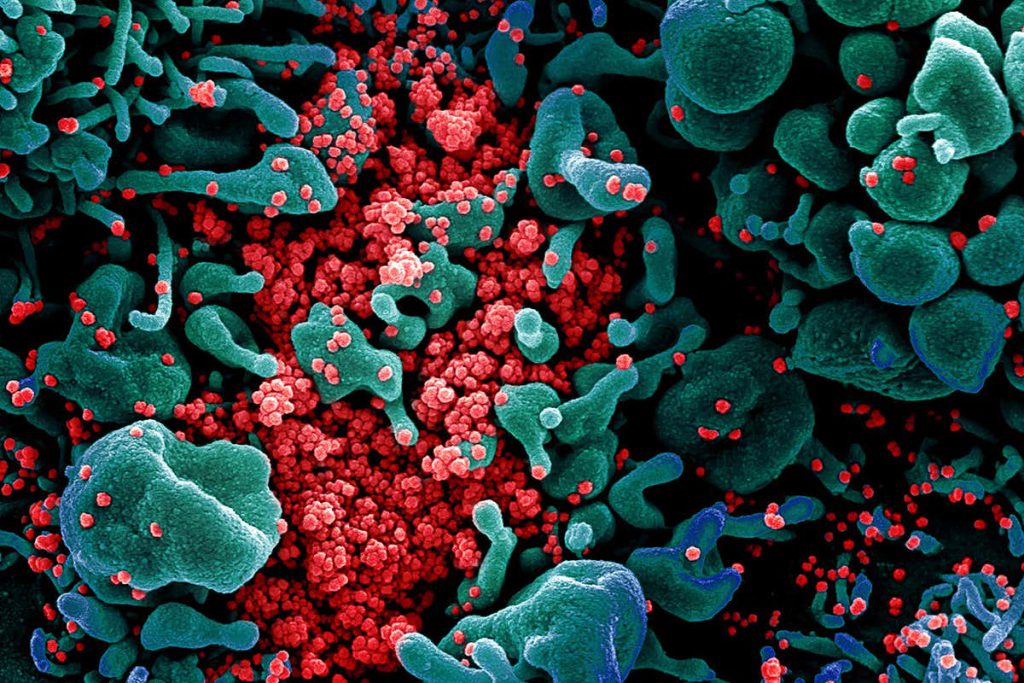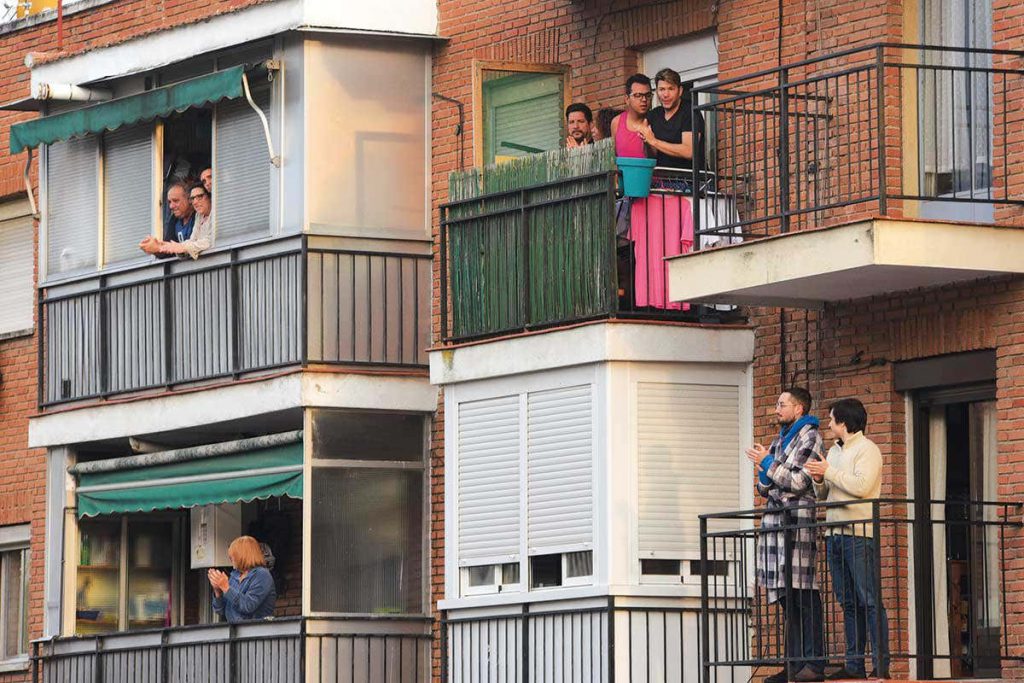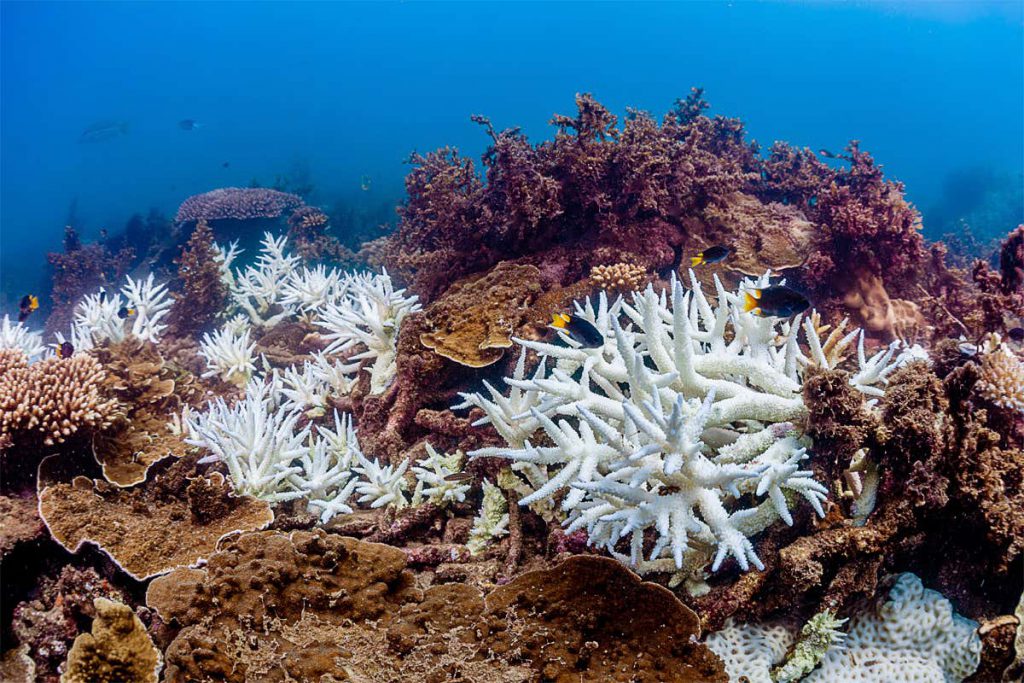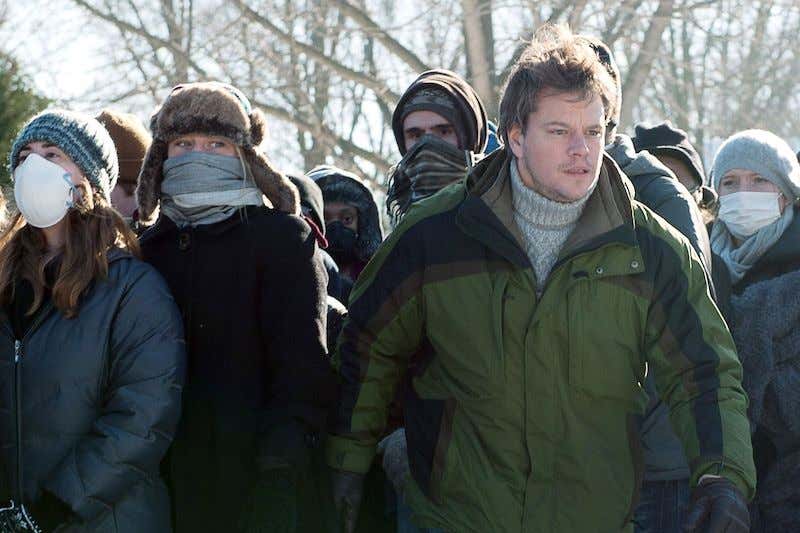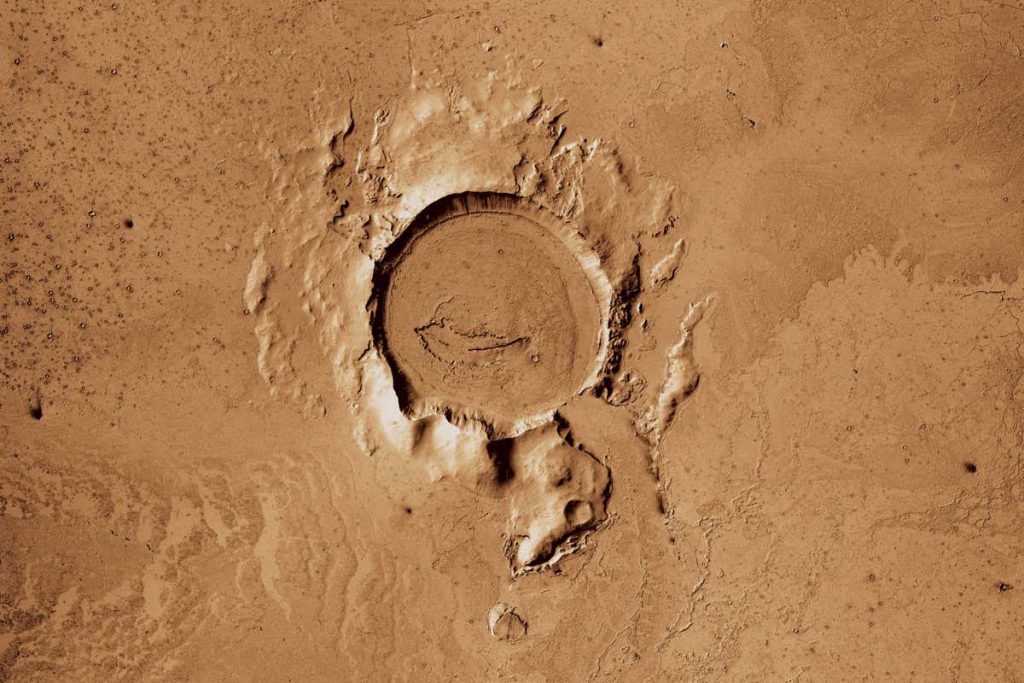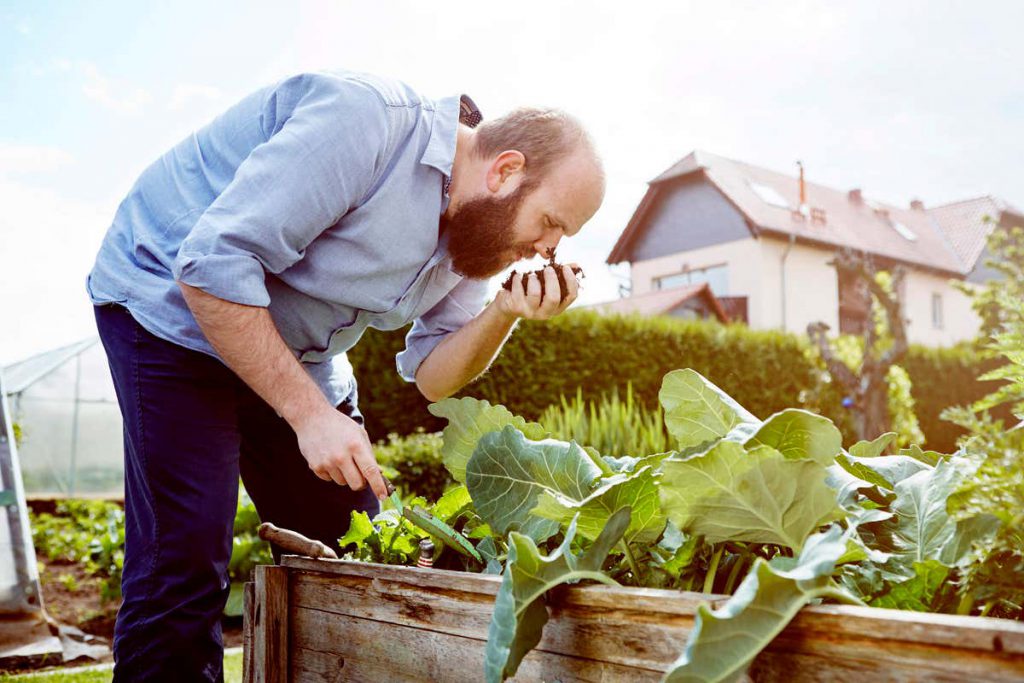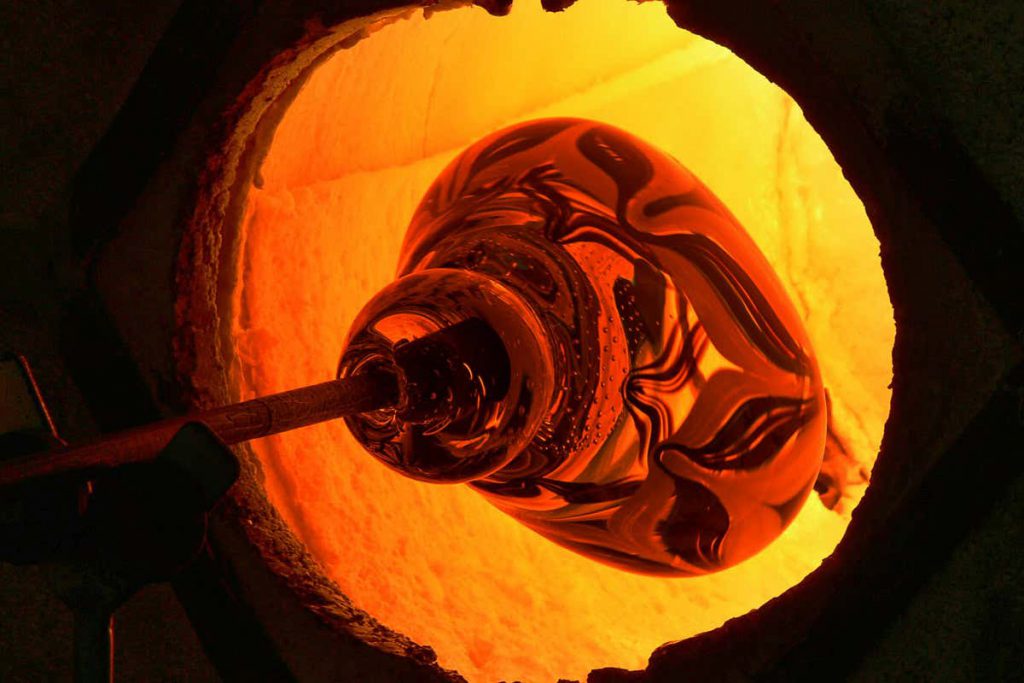Does the ACE2 protein explain covid-19 risk for underlying conditions?
Does a cell surface protein explain why the coronavirus is more likely to kill people with diabetes or heart disease? Researchers are trying to find out Read More https://www.newscientist.com/article/mg24632773-500-does-the-ace2-protein-explain-covid-19-risk-for-underlying-conditions/?utm_campaign=RSS%7CNSNS&utm_source=NSNS&utm_medium=RSS&utm_content=home Views: 0
Does the ACE2 protein explain covid-19 risk for underlying conditions? Read More »

